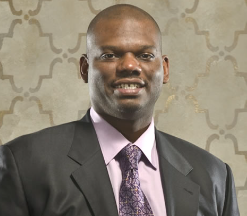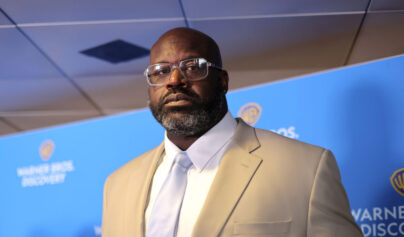A new survey found that Black people and other minorities face more discriminatory questions during a job interview than their white contemporaries
In August, hiring software company Greenhouse reported that 39 percent of Black respondents said they had been asked discriminatory questions in an interview, which is more than white respondents at 31 percent.

The “Candidate Interview and Employer Brand Report,” which surveyed 1,500 employed adults, also found that women felt discriminated against more than men.
What Kind of Discriminatory Questions Were Asked?
The improper questions focused on the candidate’s personal information, with 35 percent of those about age; 30 percent on race, 28 percent about marital status; 28 percent regarding gender; 20 percent on religion; 18 percent about parental status; 17 percent regarding sexual orientation, and 14 percent on their pregnancy status.
According to the U.S. Equal Employment Opportunity Commission (EEOC), an employer may not base hiring decisions on stereotypes and assumptions about a person’s race, color, religion, sex (including gender identity, sexual orientation, and pregnancy), national origin, age (40 or older), disability or genetic information.
Some respondents said their family structure, as well as their country of origin, were questioned, and nearly half of the candidates said they had their names mispronounced.
“No one is winning here,” said Donald Knight, chief people officer at Greenhouse. “The survey shows that almost half of all candidates have rejected a job due to poor and often illegal interviews. We’re still amidst a tight labor market. Companies are missing out and candidates are left with a rightfully sour taste in their mouths.”
The new report follows similar results from other institutions.
Applicants were more than 2 percent disinvited to interviews if they had “distinctively Black names,” according to one study by the University of Chicago and the University of California Berkeley, and Black and South Asian women are more likely to wait two months longer than their white contemporaries to find their first jobs, a UK survey by Total Jobs and The Diversity Trust published June found.
This is not legal
If a potential employer denies an applicant based on their race, gender, color, religion, national origin, age, or other protected class status, it is considered discrimination, and it is illegal.
Everyone has the right to a fair hiring process, and inappropriate questions during the interview process could deny them the right to work based on protected reasons.
Why Does This happen?
According to The Associated Press, sometimes, discrimination in the interview process is due to unconscious bias, the tendency that employers hire people that resemble themselves.
Some companies, like job site Trove Talent which uses artificial intelligence and proprietary algorithm to rank applicants’ skills to the specific requirements for an employer’s open job position, are resolving this issue.




